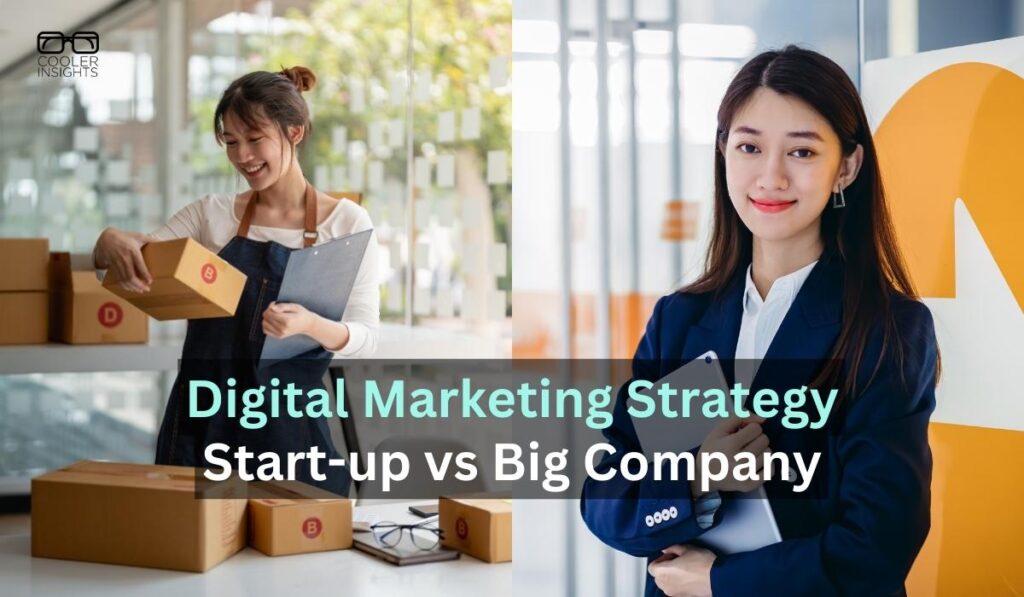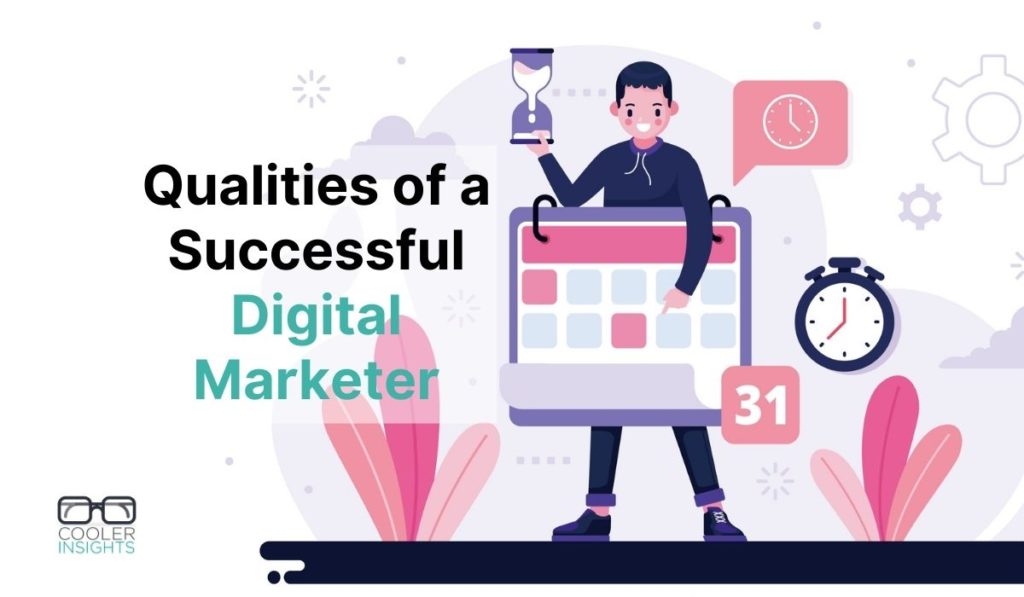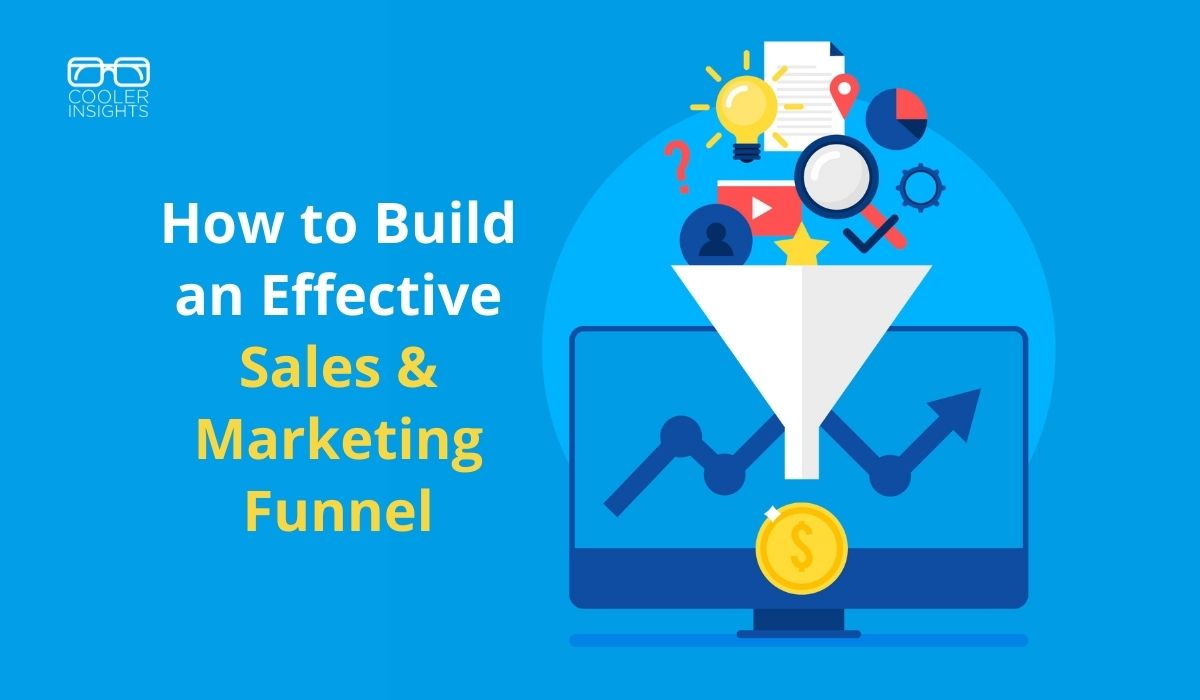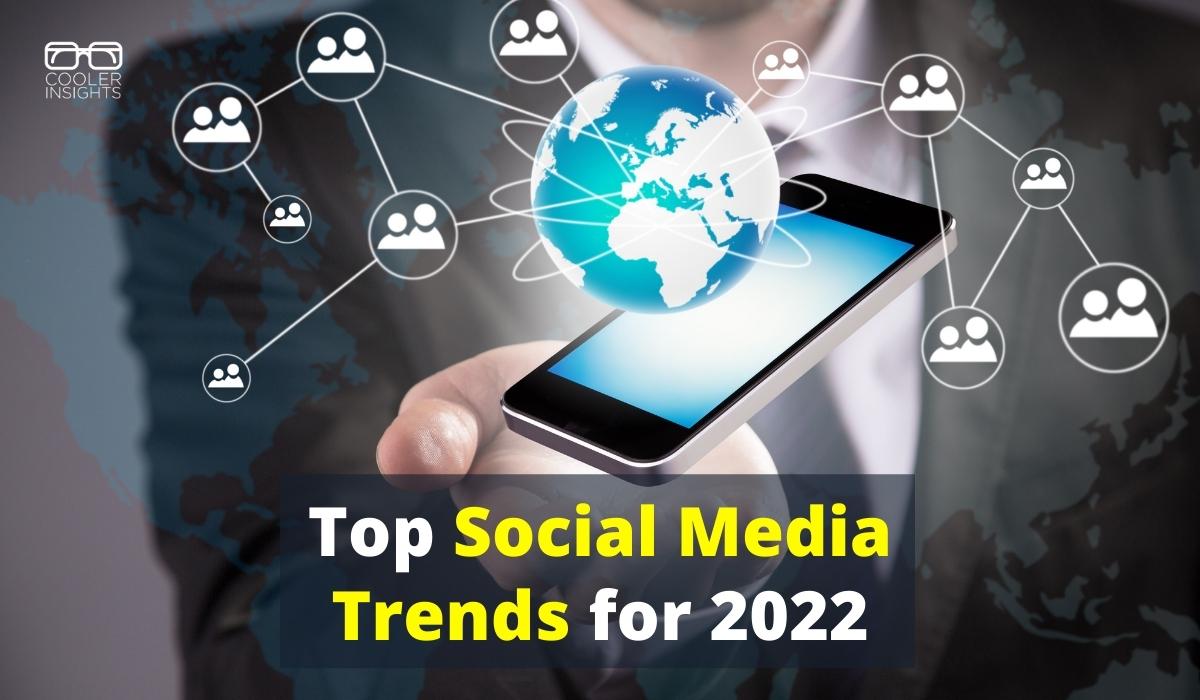
Photo by Campaign Creators on Unsplash
Artificial Intelligence (AI) is now the bread and butter of digital marketing, with 72% of organisations integrating AI into at least one business function (McKinsey & Company). However, many marketing teams are barely scratching the surface of what AI can do.
In a field where understanding customer needs is the lifeblood of success, AI acts as both a microscope and a compass—digging deep into data while pointing teams towards smarter decisions. Tools powered by AI don’t just save time; they automate tasks, personalise customer interactions, and uncover insights that would take human analysts days, if not weeks, to discover.
Here’s how your team can embrace AI tools to build stronger customer connections and keep pace with today’s fast changing digital landscape.
Identifying the Right AI Tools for Marketing
For a start, your strategy should leverage AI to enhance your marketing campaigns, optimize efforts to deliver on your Key Performance Indicators (KPIs), and improve client engagement to reach your business goals.
There are numerous ways for you to tap on AI-powered tools for strategies like Search Engine Optimization (SEO), Email Marketing, Content Creation, and Analytics. Here are some of the best tools to look into for these different areas:
- Notion AI – the AI for Notion is an excellent productivity booster. It can help you develop ideas, write, and fill out things using automation. It’s like having your own personal assistant, where you can ask questions about anything regarding your business.
- Content at Scale – this AI writing tool is most helpful for generating SEO blog posts, because it provides high-quality content that can help scale your SEO.
- Grammarly – you can use this content editor to check your writing, and you can use it across many different different apps including Word, Google Docs, emails, and more. It helps spot redundant words, and fixes phrasing and style inconsistencies so you can improve your content.
- io’s Email Assistant – your business can build email campaigns across numerous channels and this tool helps automate the rest with email replies, using responses and helping identify potential leads.
- Zapier – for automating tasks, Zapier is the AI tool that helps with process integration. It connects across multiple apps and allows you to create customized workflows to link the actions while pulling data for analysis so you can make adjustments for future campaigns.
Do also consider how you can tap on the best practices in programmatic advertising to optimize your efforts.
Strategic Uses for AI
Through all of these tools, it’s easy to conclude that you can use AI for a wide range of digital marketing tasks. The benefits include automation, improved customer experience and targeting, and even enhancing relationships to give your business expertise and promote loyalty.
Content Personalization
AI tools can help you to tailor your content to your consumer’s journey. Optimizely is an AI tool with content personalization that creates meaningful experiences to drive conversions. You can use personalized content in blogs or articles, emails, product descriptions, and video content.
Your business can build personalized digital content that is based on your prospect’s interests and behaviors online. It improves your marketing strategy by honing in on what will draw in your ideal clients since it deeply understands trends that give your strategy a bigger impact.
AI can also automate certain tasks, like identify and organize images and videos. It also helps analyze data so your business can continue refining and adapting its content strategy.
Chatbots and Customer Service
Do also consider AI chatbots to generate conversations and provide customer service. These can be extremely helpful in saving you time and costs, simply by addressing common scenarios with your products and services that can be handled more efficiently.
Chatbots handle Frequently Asked Questions (FAQs) and can help your customers do things like track orders or manage their accounts. They free up time for your staff to allow them to focus on other pertinent tasks at hand, while improving your response times.
Monitoring these AI tools helps your company to maintain its human touch. Consider deploying more advanced AI chatbots that tap natural language processing (NLP) to understand human queries and provide accurate answers and solutions.
Predictive Analytics
With machine learning technology, you can easily do data analysis to identify patterns, forecast trends, and predict customer behavior. It works by collecting data, preparing it and applying algorithms and variables to supply accurate prediction.
Through this, it can learn patterns, behaviors, and relationships that your business can use to create more effective marketing campaigns.
Marketing Automation
AI has transformed marketing automation from handling basic tasks to delivering sophisticated, data-driven insights. Beyond simple tools like ChatGPT, AI now streamlines time-consuming, repetitive activities such as email personalisation, lead scoring, and customer segmentation.
This allows marketing teams to shift their focus to strategic and creative tasks, fostering innovation and better campaign outcomes. Advanced platforms further use machine learning to predict customer behaviour, optimise ad targeting, and personalise content at scale, ensuring more effective and efficient marketing efforts.
Identify Right Influencers
AI is changing the face of influencer marketing by simplifying the once-complex process of finding the right partners for your brand. It can analyse large datasets to identify influencers whose audience aligns with your target demographics, evaluate engagement quality, and predict the potential impact of collaborations.
CommPRO is one such tool that analyzes massive datasets to quickly locate influencers who may be able to connect with your brand’s audience. This data-driven approach ensures that brands can easily connect with influencers who resonate with their audience, driving higher ROI and campaign success.
Digital Marketing AI Tool Examples
Many leading brands are integrating AI tools into their digital marketing strategies to improve their customer experiences and streamline marketing operations. Here are two standout examples:
Starbucks

Starbucks wanted to find a way to bring better offers to its audience through its widely used app. Customers have the option to use a service called “My Starbucks Barista” to place orders for pickup that uses chatbot innovation and voice technology.
Users can even adjust their orders in real time to ensure every detail is just right, combining convenience with personalisation to enhance customer satisfaction.
Lowe’s
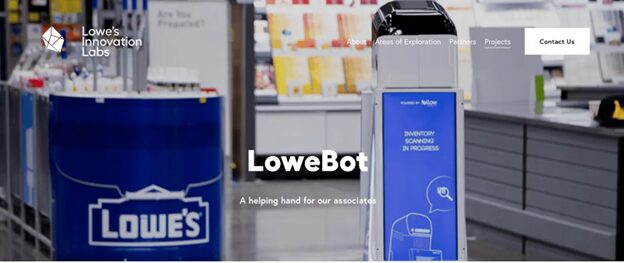
Shopping for necessary tools and equipment while doing home improvement can be complex and challenging. Lowe’s took on that challenge by incorporating an AI innovation that offers its customers a more seamless and helpful shopping experience: LoweBot.
The AI-driven technology is a robot assistant found in-store where you can quickly locate what you need or work with one of their assistants. It uses cameras and sensors that capture and process data about that particular store so that it can quickly answer questions and make your shopping that much easier.
What’s Next in AI Digital Marketing?
There are many AI tools available that can aid your digital marketing strategy. You must assess your business needs and customer desires so that you can make effective choices about which tools to invest in to take your business to the next level.
Looking ahead, AI is likely to expand its capabilities into areas traditionally dominated by human input, such as creative content generation, relationship-building, and strategic planning. While these developments are still in progress, the technology already provides measurable improvements in campaign effectiveness and operational efficiency.
By adopting AI with a focused approach, businesses can enhance their ability to meet customer needs, improve marketing performance, and adapt to a rapidly changing digital landscape.
Guest Author: Donna Maurer
Donna is a seasoned marketing professional with expertise in digital marketing strategies and consumer engagement. Her interest for crafting targeted writing ensures brands connect meaningfully with their audiences. When not working, she loves playing guitar and attending music festivals.



